Researching modern slavery and social sustainability in the supply chains: “Walk the Talk” approach
13 March 2024As I prepare for my funded projects in Bangladesh and South Africa in 2024, I find it valuable to reflect on my inaugural field research trip in 2022 and share the insights and lessons I gained.
Sitting in my room at Cardiff Business School won’t enable me to conduct research on social sustainability, particularly regarding modern slavery, which predominantly occurs within lower-tier supply chains in developing countries. Without engaging directly with the workers, including females and children, who are affected by these situations of slavery, how can I investigate these complex problems in a manner that truly reflects the realities contributing to these bitter occurrences?
In May 2022, I embarked on my first field research journey, made possible by the support of the Global Wales International Research Mobility Fund. This research endeavor was a collaborative effort with Jindal Global Business School, focusing on the crucial issue of modern slavery and social risks within supply chains.
The opportunity to collaborate with Jindal Global Business School arose through an introduction by my esteemed mentor and former PhD supervisor, Professor Mohan Sodhi. However, the true richness of the field trip unfolded as I connected with remarkable researchers and individuals who brought unique perspectives and added immense value to the experience. Notably, Professor Divya Singhal from the Goa Institute of Management, along with Ms. Shefali Martins, an esteemed journalist, enriched the journey with their insights and contributions.
After a 10-hour flight from London, I arrived in Delhi around midnight. I got a taxi to the hotel on May 4th, Wednesday. Very quickly, all my feet were bitten by mosquitoes. First lesson learned!
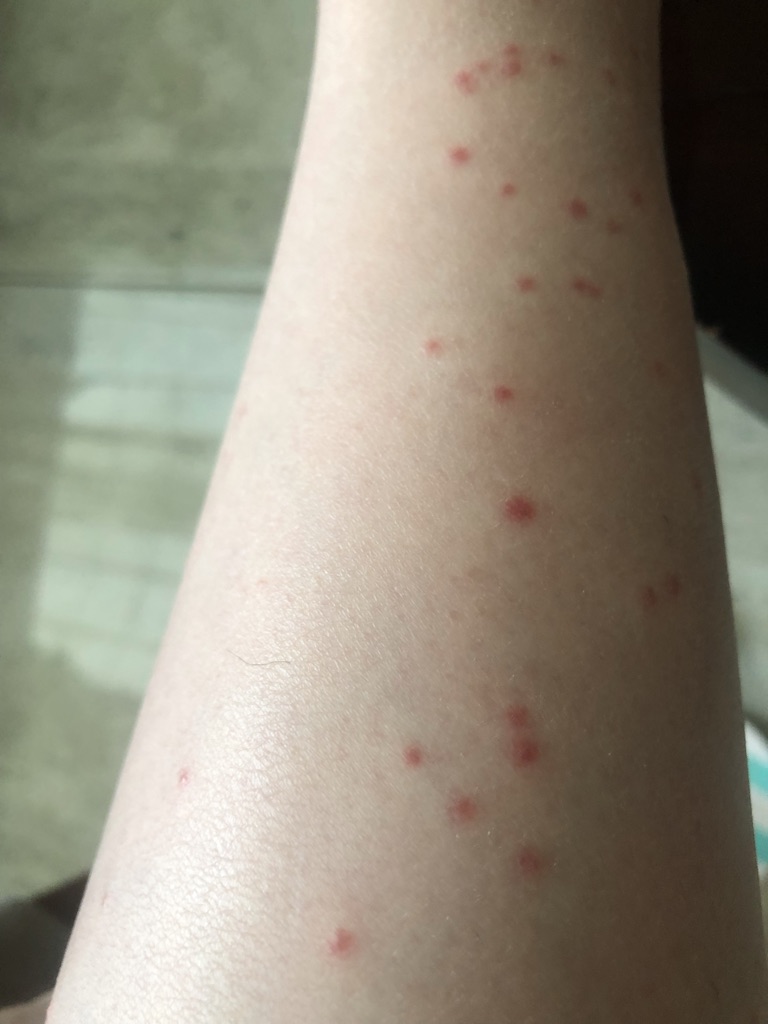
Figure 1. I was bitten very tough from the first day in Delhi
On Saturday, the 7th, I held a train ticket for a journey from Delhi Central Station to Ajmer, scheduled for 6 AM. Navigating through the vastness of the station, it took some time before I located my train. After a journey spanning 6 to 7 hours, I finally arrived at Ajmer station. From there, I hailed a taxi and made my way to the hotel.
My official duties commenced on Monday, the 9th. At 7 AM sharp, the driver arrived to pick me up. Our first task was to collect Professor Divya Singhal from the Goa Institute of Management. Professor Singhal had shown great openness and enthusiasm when I reached out to her regarding the research project funded around social issues within supply chains.
Together, we proceeded to meet with Rajendra Gunjal, the state coordinator of an organization founded by Nobel Peace Laureate Kailash Satyarthi in 1980. This organization, known for its noble work, liberates and rehabilitates vulnerable and exploited children while also holding accountable those responsible for such atrocities.
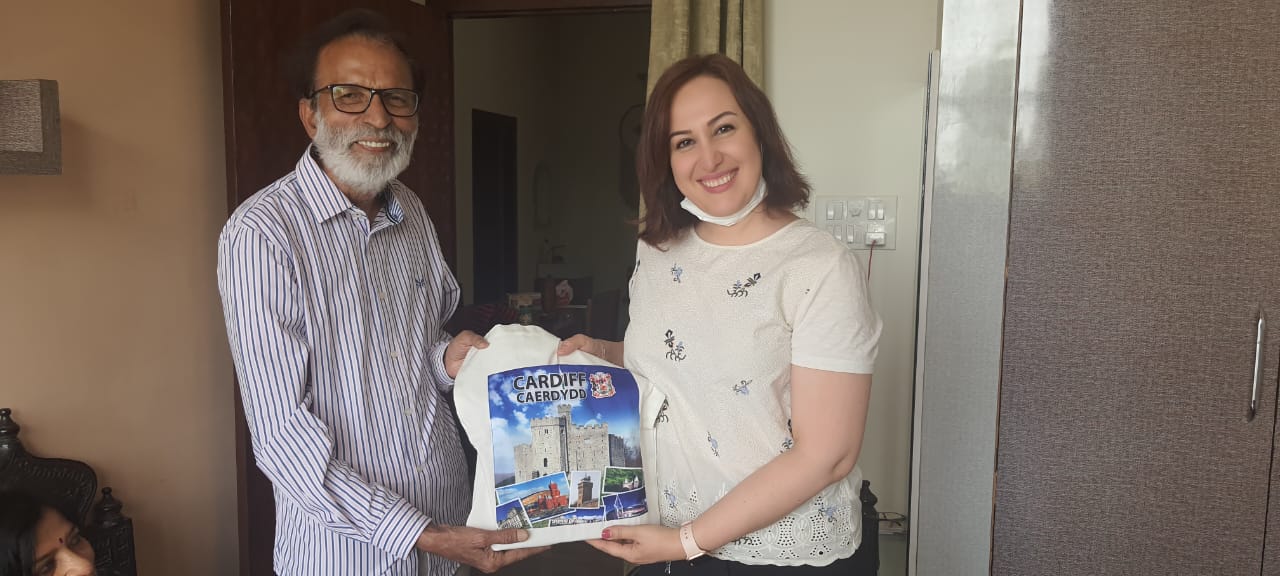
Figure 2. Mr Gunjal and myself meeting about child labour
During our discussion on child labor in India, we delved into the crucial aspects of prevention, detection, and response to child slavery, with a specific focus on the contributions made by the NGO represented by Rajendra Gunjal. Our conversation extended to encompass a multi-stakeholder perspective, exploring the roles of major brands, suppliers at lower tiers, governmental bodies, and non-governmental organizations (NGOs) in addressing this pressing issue. Additionally, we examined the impact of the COVID-19 pandemic on child slavery in India, recognizing its exacerbating effects on vulnerable populations.
Another notable visit in Ajmer was to the Mahila Jan Adhikar Samiti (MJAS), an organization dedicated to advocating for equal rights for women. Working tirelessly with women and girls from marginalized communities who face discrimination and lack social or economic security, MJAS plays a vital role in empowering these individuals. During our meeting with 5–6 members of MJAS, I was accompanied by Professor Divya and Ms. Shefali Martins, a journalist and activist, further enriching the discussion with their diverse perspectives and expertise.
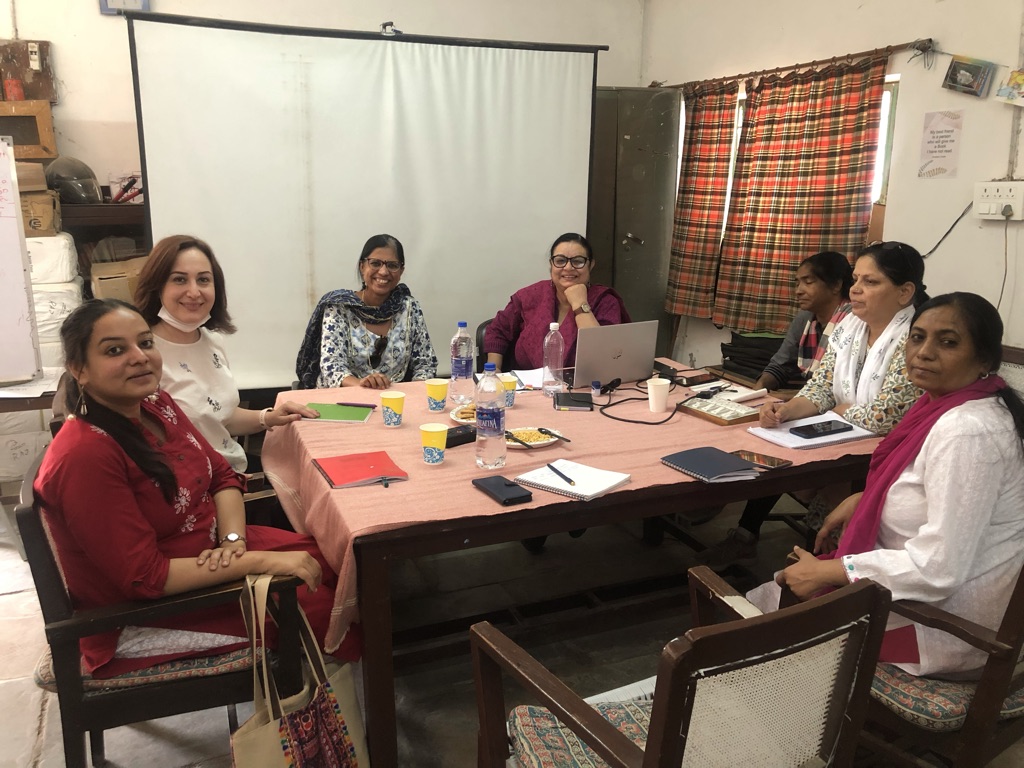
Figure 3. MJAS NGO in Ajmer to discuss decent work
During our meeting, our focus shifted to the social issues faced by female workers, particularly concerning decent work within the unorganized sector. We delved into specific cases of non-decent work, examining how such instances were identified and reported, as well as the subsequent responses and remedial actions taken. Additionally, we engaged in a frank discussion about the formidable challenges we confront in combating non-decent work for female workers within the unorganized sector. These challenges encompass a range of systemic issues, including but not limited to lack of legal protections, limited access to resources, and entrenched societal norms. Addressing these challenges requires a multifaceted approach involving collaboration between various stakeholders, including government agencies, NGOs, employers, and workers themselves.
Our final meeting and visit took us to Barefoot College in Tilonia, a village situated near Ajmer. Barefoot College has dedicated itself to uplifting marginalized, exploited, and impoverished rural communities, many of whom subsist on less than $1 a day. With a mission rooted in dignity and self-respect, Barefoot College empowers these communities through education, skill-building, and sustainable development initiatives. Their work serves as a beacon of hope for countless individuals living in some of the most challenging circumstances, offering them the tools and resources needed to transcend the poverty line and lead fulfilling lives. Our visit to Barefoot College underscored the transformative impact that grassroots efforts can have in creating positive change within underserved communities.
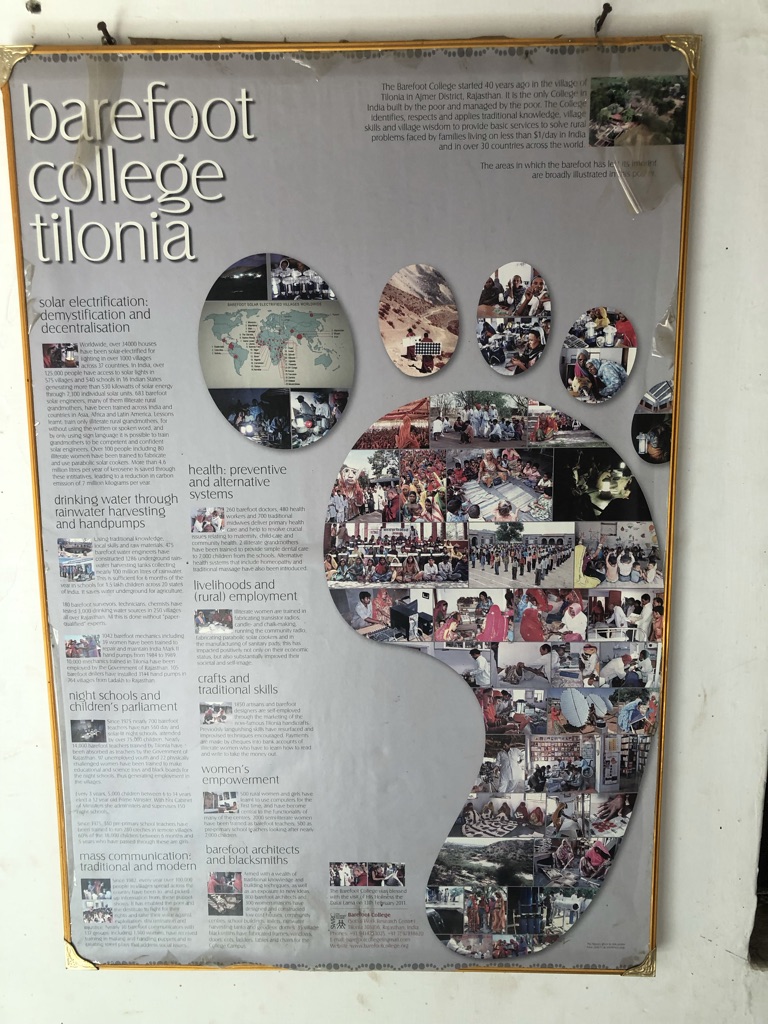
Figure 4. Barefoot college Tilonia
We were honoured to meet Aruna Roy, one of the founders[1].
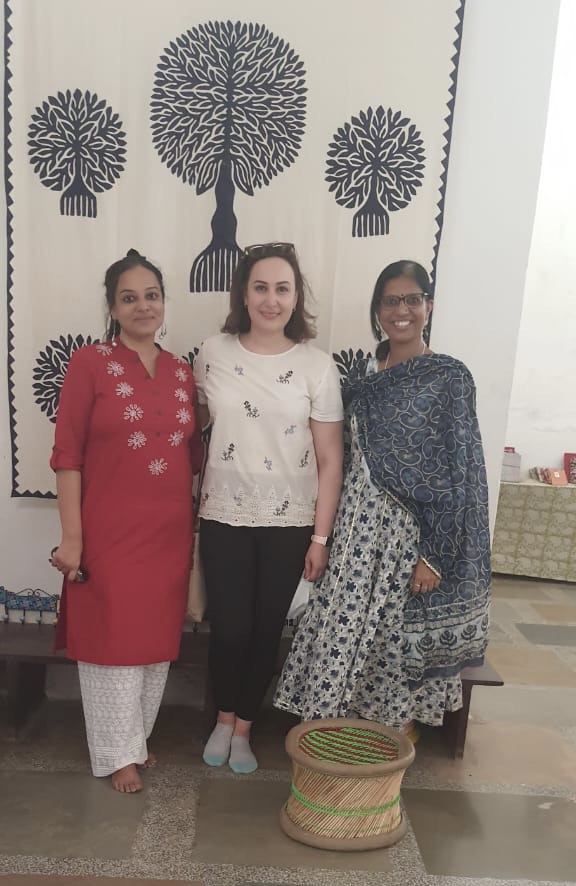
Figure 5. MS Shefali Martins, Myself and Prof. Divya Singhal, Barefoot College Tilonia
On 11th I went to Jaipur to visit Bal Ashram[2], -founded 1998 as a model rehabilitation centre, for children rescued from child labour, child slavery and child trafficking.
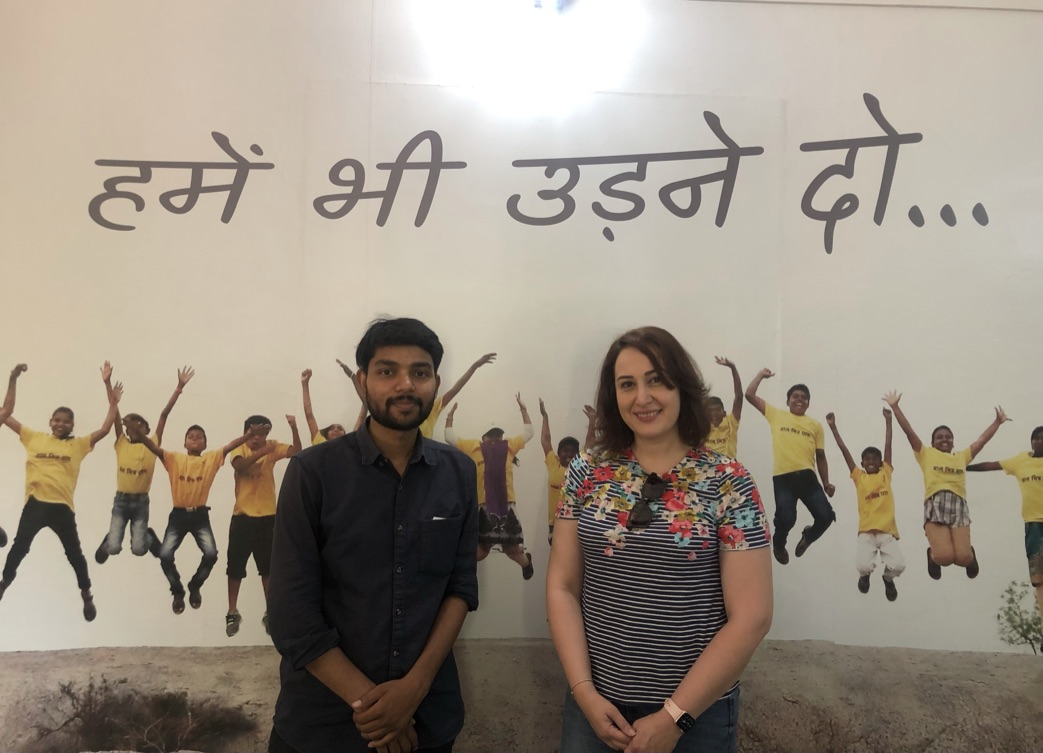
Figure 6. Meeting with Mr. Kinsu Kumar in the Bal Arshal NGO (Rehabilitation Centre for children rescued from slavery)
I met with the children who had been rescued and had conversations with them. We discussed their dreams and aspirations, particularly focusing on their education. Some of the more mature children even inquired about opportunities to pursue further studies abroad. It was a deeply emotional experience for me. In Figure 8, the daily routine of the children is depicted.
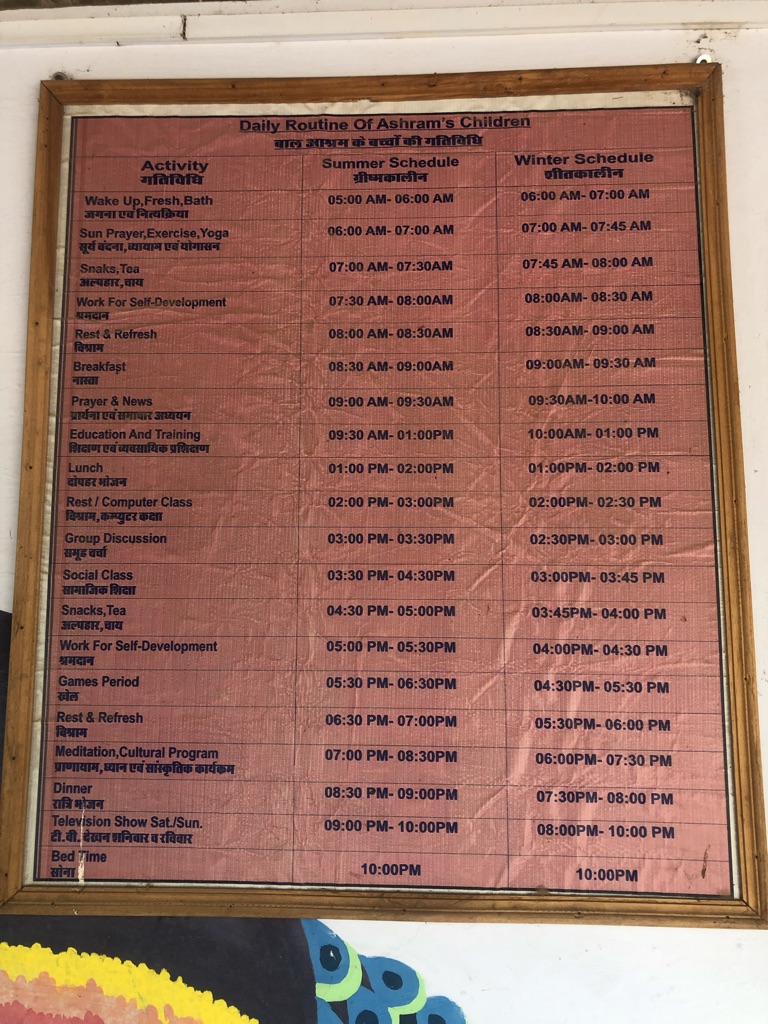
Figure 7. Daily routine of Arsham Children
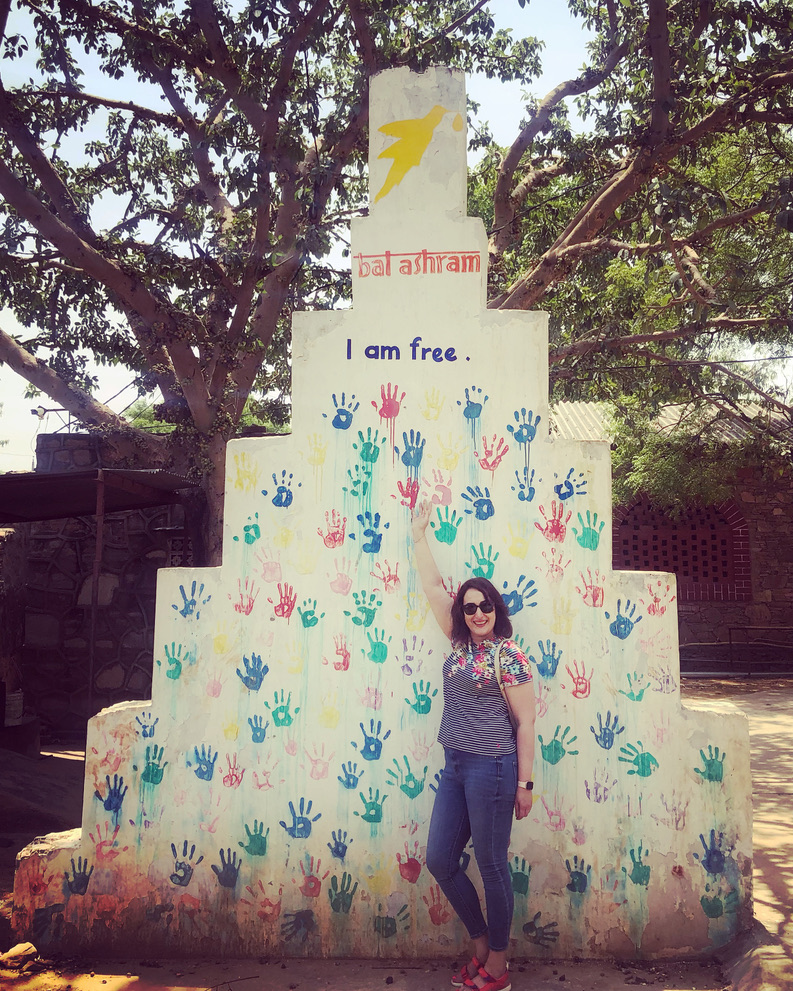
Figure 8. Handprints of children free from child slavery in Bal Arsham
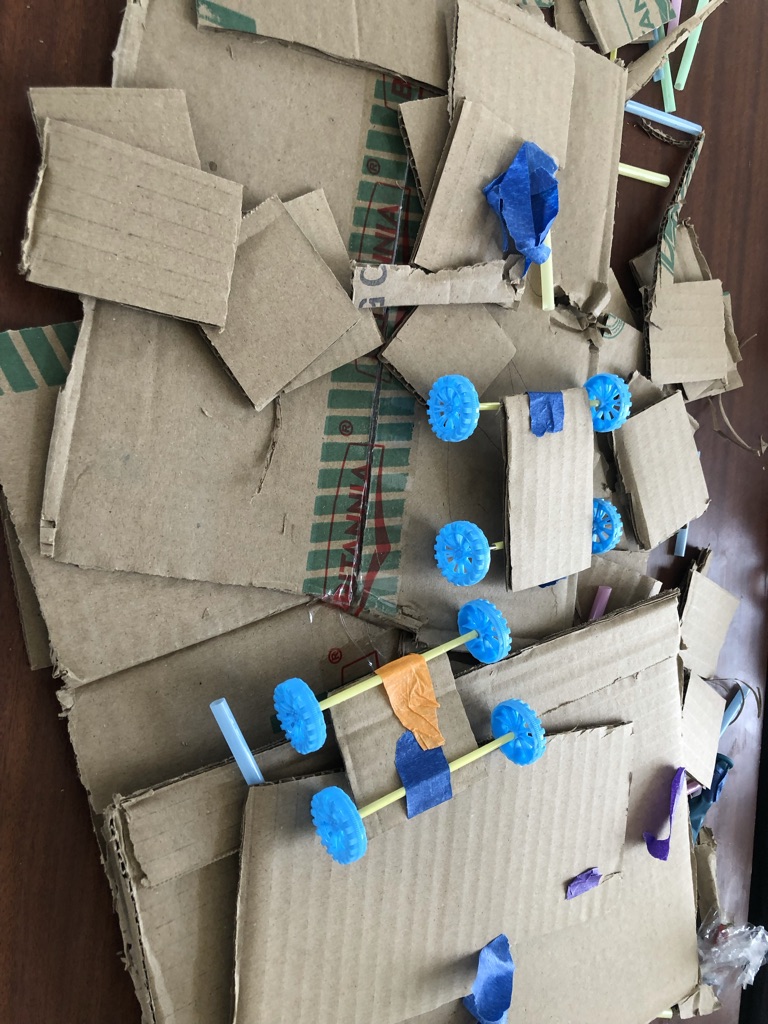
Figure 9. Attendance to Children’s Science class (photos of children are not shown due to privacy)
Finally, at the end of the weekend, I head to Delhi to go to Sonipat to stay on campus and develop new projects with professors at Jindal Global Business School.
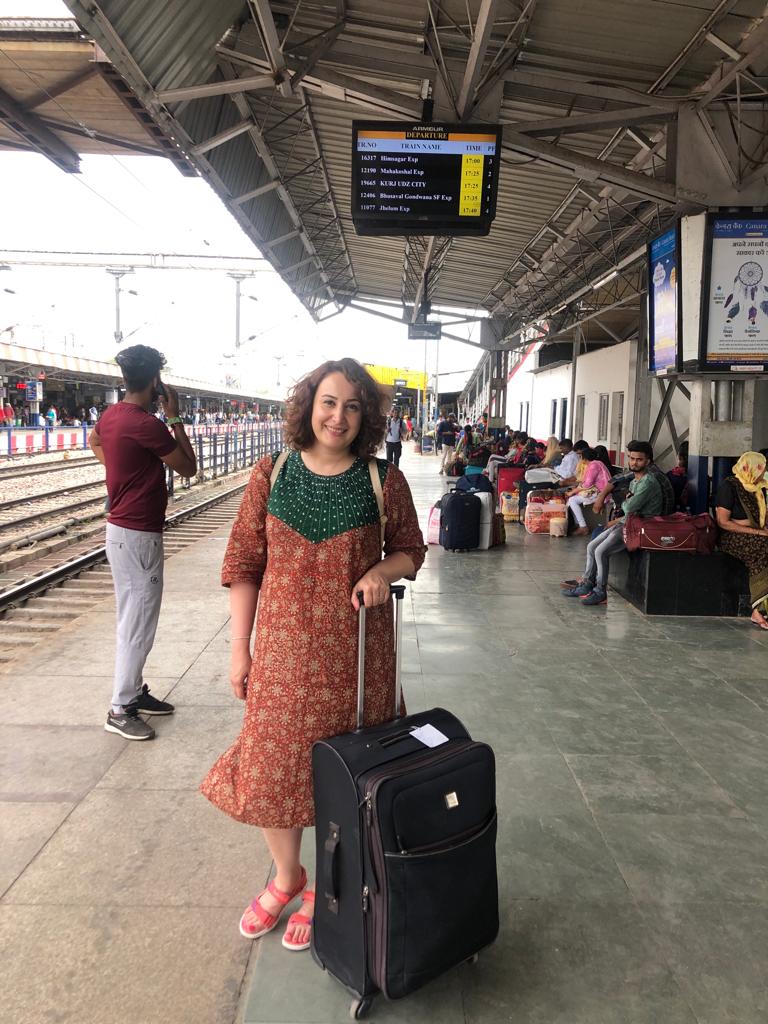
Figure 10. Me in the train station towards Delh
Finally, on Monday, 16th, I started working at Jindal Global University. On May 19, I delivered a talk at Jindal Global Business School.
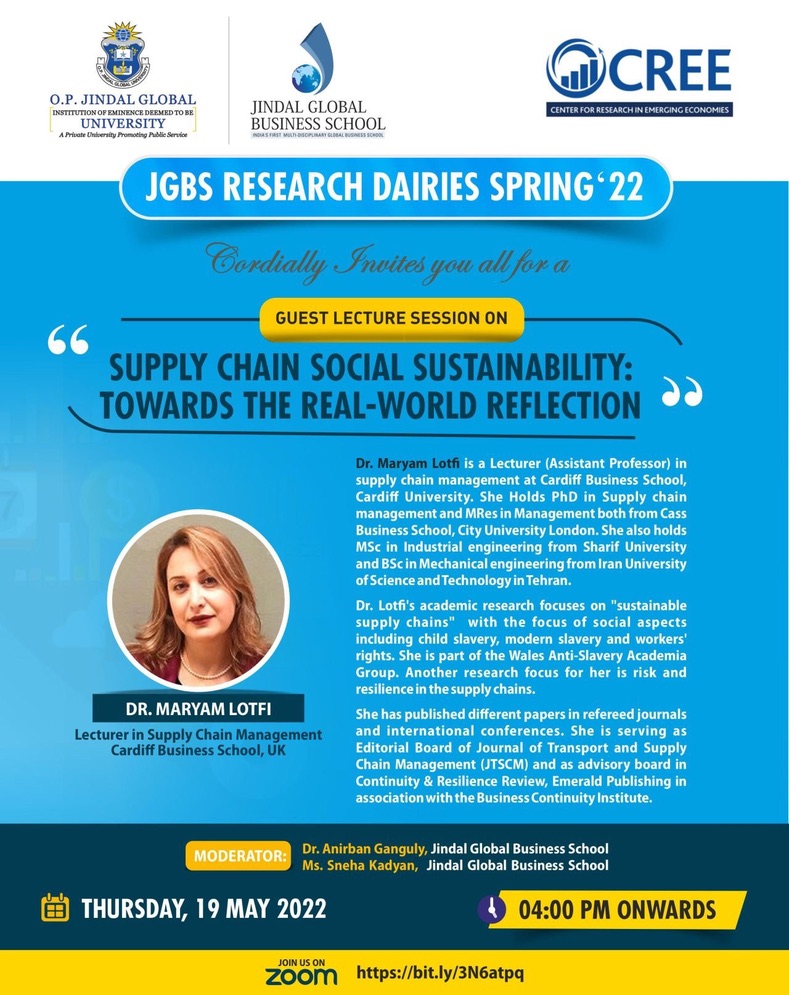
Figure 11. My talk on supply chain social sustainability
On the 23rd, I had the privilege of visiting the Satyarthi Foundation, founded by Nobel Laureate Kailash Satyarthi. Renowned for its unwavering commitment to child protection, the foundation takes a holistic approach to address the myriad challenges faced by children, including child labor, trafficking, and other related issues.
One of the highlights of my trip was the opportunity to meet and converse with Nobel Peace Laureate Kailash Satyarthi, the visionary founder of the Kailash Satyarthi Children’s Foundation (KSCF). I gained invaluable insights into his organization’s tireless efforts to create a world free from violence against children, addressing a spectrum of issues affecting vulnerable children and their families.
Furthermore, I had the opportunity to discuss child labour and slavery with some activists, including Mr. Varun Otari who added about the vulnerability of the children as below:
“When the child is out of school, number one. Number two, when the child is not within the vicinity or within the premises, or within the family. Number three, when the child is deprived of his fundamental needs. These are the basic three, four aspects to define that the child is vulnerable” (Varun Otari).
When I asked about the supply chain and focal firms being responsible for lower tier suppliers, he added a fantastic quote that remained in my head for my future research:
“Yes, it’s a chain, but the chain, which is not visible, then it’s not a chain. That’s how it is. Very different, than how you are going to ascertain about it?”
During my recent field trip, I was introduced to a harsh reality that had eluded my awareness before: the profound disconnect between focal firms in the UK and the West and the realities faced in developing countries, particularly concerning modern slavery and child labor. Witnessing the existence of rehabilitation centers for children rescued from such dire circumstances, where impoverished families are unable to shield them from being ensnared again, left an indelible mark on me.
Engaging with these children and hearing about their dreams has sparked a profound shift in the trajectory of my academic career. It has ignited within me a resolute determination to dedicate my efforts towards a future where no product in our supply chains is tainted by slavery. This newfound mission drives me forward with renewed vigor and purpose.
I am deeply grateful for the warm reception extended to me by NGOs and my esteemed partners, Professor Divy Singh and Ms. Shefali Martins. Their openness and willingness to share their insights have enriched my understanding and further fueled my commitment to effecting positive change.
In the face of such daunting challenges, collaboration and dialogue are paramount. Together, we can work towards a world free from modern slavery. My journey has only just begun, but I am steadfast in my resolve to contribute to a brighter future for all.
You will soon read about my next field trip, which will happen in Bangladesh. It is a project about “netting ethical shrimp,” funded by Cardiff Business School public value engagement fellowship. It is a collaboration between Cardiff Business School (myself and professor Yingli Wang), Cardiff Met University (Dr. Imtiaz Khan) and Bangladesh Agriculture University (Professor Khan).
With a lot learned from my field research in India, I am looking forward to it.
Maryam Lotfi
[1] https://barefootcollegetilonia.org/#our-people
[2] https://www.balashram.in